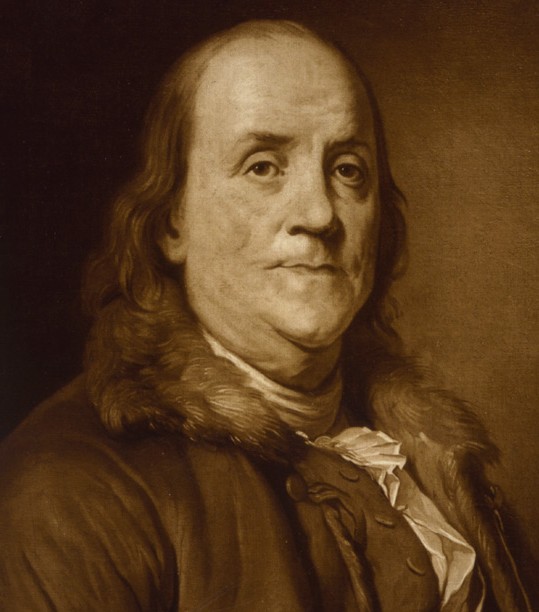Blog Post
Insight: Cooperation, Compromise Key to Utah’s Success
By: Ken Embley
When I think about working with others, I think of concepts and values expressed in terms such as tolerance, respect, cooperation, compromise and collaboration. However, in today’s social and political climate, I fear that we are in danger of losing these types of concepts and values—the types of concepts and values that makes working with others for the benefit of all possible.
On one occasion, a relative of mine expressed a strong opinion on a sensitive topic and I did something terrible, I challenged my relative to have some empathy for others. You know, I expressed things like “walk a mile in their shoes before making judgment” and things like “be tolerant,” “consider all options,” “try to cooperate,” or I ask, “Is compromise possible?”
Well, I immediately got the on the fence reply. You know the one that uses energized phrases such as “take a stand,” “be a man,” “have courage,” “be willing to draw a line in the sand,” “if you are not with me you are against me,” and of course, “get off the fence!” Well, I was done; the others in the room were delighted with the response from my antagonist. They all seemed to take pride in their values system with little regard for soundly thrashing tolerance, empathy, cooperation, compromise and similar values. I left the room so my relatives could savor their victory.
Several years ago, this old grandpa “cut-out” a Sunday Parade magazine article titled Why We Need Franklin Today. Re-reading this article and the thoughts behind it made me ponder about our current political and social climate of “my way or the highway.”
Tuesday is the 300th anniversary of Benjamin Franklin’s birth, and Walter Isaacson, author of a best-selling biography, says we need someone like him now. Franklin said common sense, not ideology, should triumph—and that is what is missing in politics today, Isaacson explains. When the Constitutional Convention was about to collapse, Franklin told the other delegates each side would have to give up some demands to make a lasting Constitution. Compromises, he said, may not make great heroes but will make great democracies. “But,” Isaacson adds, “Franklin also believed it was up to each of us to exhibit tolerance. Someone who came along to preach and practice tolerance today would be a hero.”
- Parade Magazine, January 15, 2006
Wow, I thought to my self, I sure could have used Franklin’s thoughts and words in my discussion with my relative. Then again, I come back to our current political and social reality. I am discouraged! I am discouraged because I know that if I were to speak to my relative and reference something like gay marriage or immigration or a myriad of other topics of our day, no “words of wisdom” from Franklin or anyone else would make any difference. Again, the dominate values seem to be “take a stand,” “be a man,” “have courage,” “be willing to draw a line in the sand,” “if you are not with me you are against me,” and of course, “get off the fence!”
I really cannot say what others should or should not do when trying to work with others for the benefit of all, but for me; I will strive to take my view from the top of the fence. My thinking is when my view is from the top of the fence; I can see and attempt to understand other perspectives. I know that if I can maintain my balance, I can be tolerant in what I observe on both sides of the fence and I can be in position to promote corporation, compromise, collaboration and similar values. I know it is easy to fall off the fence but I will commit to do all I can to keep my balance because I know that if I fall, my vision will be that of a single perspective.
In my opinion, if we are to flourish in this great state, values such as tolerance, empathy, cooperation, compromise should prevail. In Franklin’s words, “common sense, not ideology, should triumph.”
Maybe the first thing I need to do is get back to my relative to let him know that I can respect and understand where he is coming from. I may not agree with his values but if I can have the courage to climb back up onto the fence, I may be in a better position to work with him for the benefit of all—and just maybe, I can be a “someone who came along to preach and practice tolerance today.”
Ken Embley is a senior research associate at the Kem C. Gardner Policy Institute.





